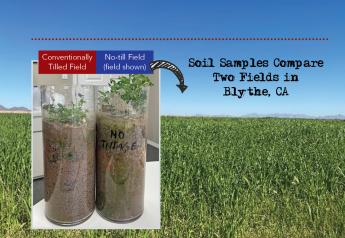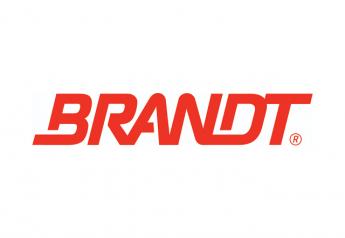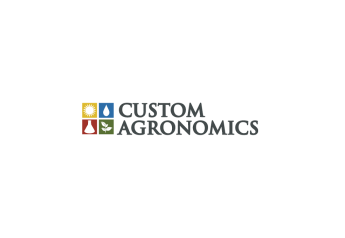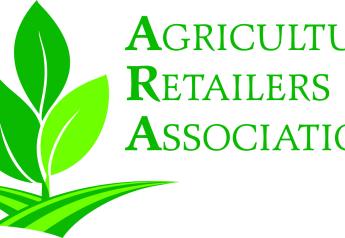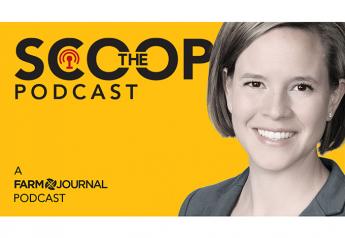6 Megatrends Will Shape the Food Industry of 2050
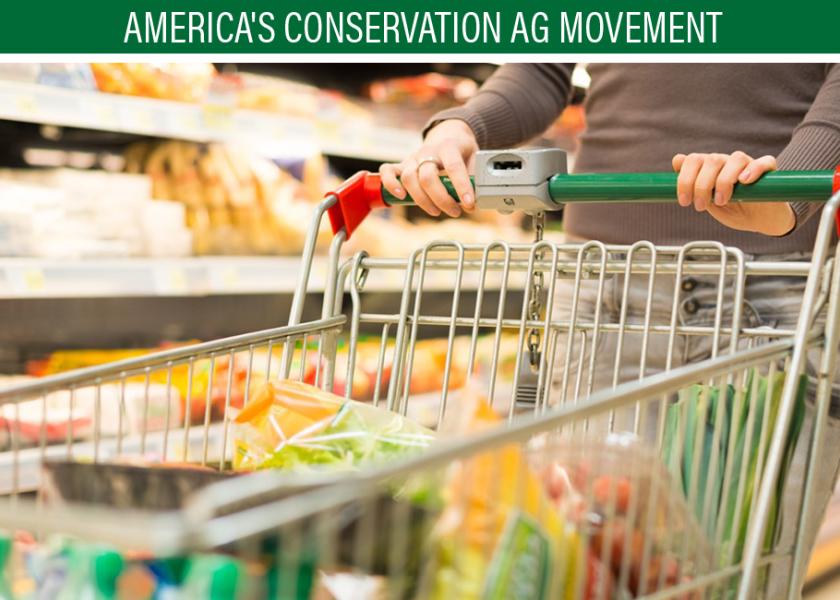
Building trust in food begins with empowering farmers through one of the largest and most diverse conservation- and sustainability-focused public-private partnerships in our nation’s history: America’s Conservation Ag Movement. To find the latest news and resources related to the Movement, visit AgWeb.com/ACAM.
It’s not easy to be a successful food company. According to a recent research study, major food companies are experiencing a drop in sales and intensified competition from smaller players.
In “The Food Company of 2050,” Lux Research analyzed startup trends, social norms and corporate concerns in an effort to identify six megatrends that will shape the future of the food industry.
Here is what they believe companies must do now to survive and thrive over the next 30 years, according to the study.
1. Develop food for health.
Food needs to satisfy a growing list of expectations beyond satiety and nutrition.
2. Master the role of the microbiome.
From production methods to diagnostics, the report says mastering this realm may make or break food companies.
3. Incorporate ubiquitous sensing.
The use of sensors is more and more important in all processes to monitor food quality, food safety, and even consumer health.
4. Adapt to new industry structures.
Growth may come from uncomfortable places, the report says, such as new channels and markets.
5. Increase sustainability.
Corporate statements aren’t good enough. Doing more with less must be the goal for every step of the food production process.
6. Understand future consumption.
Companies need to better understand the shifts taking place in consumption patterns. For example, how are allergens impacting people’s lives?
“Food companies will need to adjust and adapt to the six trends in order to truly thrive,” says Thomas Hayes, analyst at Lux Research and report co-author. “Consumers are increasingly demanding, aligning spending habits with health and sustainability. Food companies will need to take some big risks to truly thrive and stay competitive in the long run.”
As more people begin focusing on ways to increase cognitive function, athletic performance and overall health of both themselves and the environment, the study shows food companies will need to rise above convenience and enjoyment.
Lux predicts that nearly all products sold will pivot to make health-related claims, with the aim of reducing dependence on medical intervention. Products will also need to pivot to be more sustainable in terms of reducing food waste, working toward decarbonization efforts and providing sustainable packaging, the report says.
“The global pandemic is generating renewed urgency around virus sensing and self-monitoring and has also changed the consumption habits of consumers,” Hayes says. “Understanding how consumption is changing, including the shift to fresh foods and plant-based proteins, and how allergens are impacting people’s lives, will be key to future success.”
It will also be important for food companies to reframe their identities as part of this adaptation to new structures to understand the role they can play in agricultural production and addressing consumer health needs, the report notes.
More from Farm Journal's PORK:
New Research: 900 U.S. Farmers Weigh In On Water Management Practices
Move the Food Conversation Forward


